finance Archives - Page 4 of 5 - Homey App for Families
Don’t Let Your Kids Start a Lemonade Stand Until You Read This
For decades, youngsters have turned to the trusty roadside lemonade stand for a quick cash infusion when funds run low and the new issue of Superman is set to hit the local comic book shelves. As with everything else it seems, the world has changed dramatically. These days, by the time little Johnny or Suzie sells their first cup of the beverage, they’ve probably violated five different city ordinances and are in danger of being shut down by the local health department. It’s rough on a kid entrepreneur out there. Read on!
5 Things to Make Kids Buy for Themselves
Every parent quickly realizes that learning to say “no” is a big part of raising kids, especially when they’re constantly asking, “can I have this?” While giving in to some requests is reasonable, always saying yes can result in kids not learning the value of a dollar. If you’re interested in teaching your children financial literacy, then having them pay for things themselves is a great lesson. What should they buy? The examples below are reasonable things they can foot the bill for.
When is the Best Time to Get Kids Their Own Bank Account?
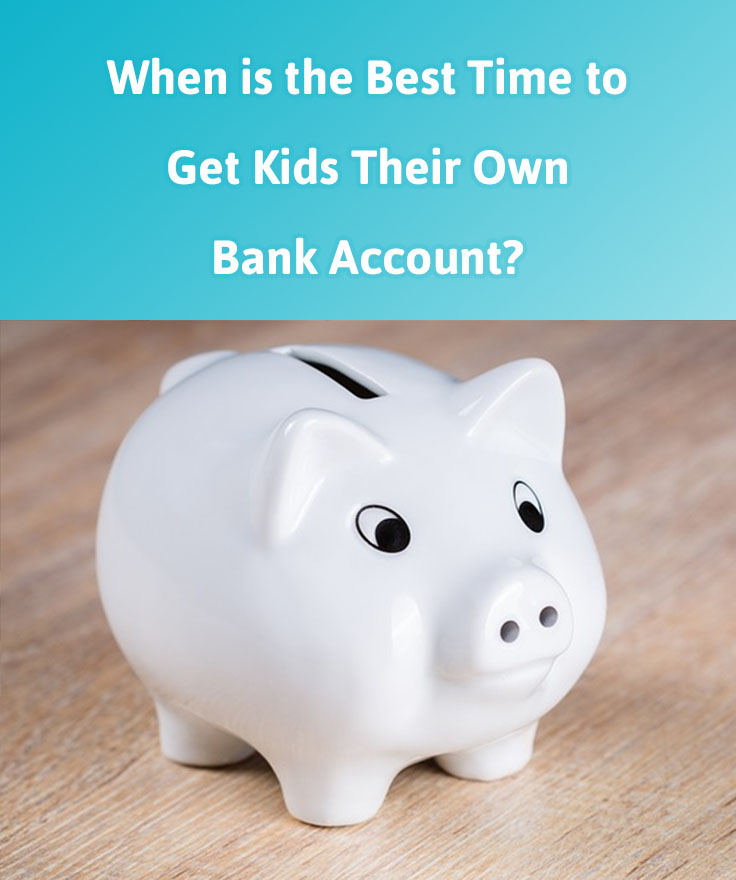 Opening a bank account for your child is an event that’s often overlooked, but it’s important to help tomorrow’s leaders learn how to manage their money and finances well.
Opening a bank account for your child is an event that’s often overlooked, but it’s important to help tomorrow’s leaders learn how to manage their money and finances well.
Developing good money habits early on will keep them on the right path in the future.
Knowing when and where to open a child’s bank account puts them on the road to lifelong financial success. Here are a few tips when looking to get your child’s first bank account started.
Five Tips to Teach Kids About Budgeting Without Breaking the Bank
 One of the most important lessons to teach your children is about how to handle their finances.
One of the most important lessons to teach your children is about how to handle their finances.
But teaching them to budget can be difficult, especially if you don’t have enough yourself to provide your children with a regular allowance that would enable them to learn to manage their own money.
Here are five tips to still teach your kids the basics of this necessary life skill without a weekly allowance.
What to Look for When Choosing a Bank for Kids
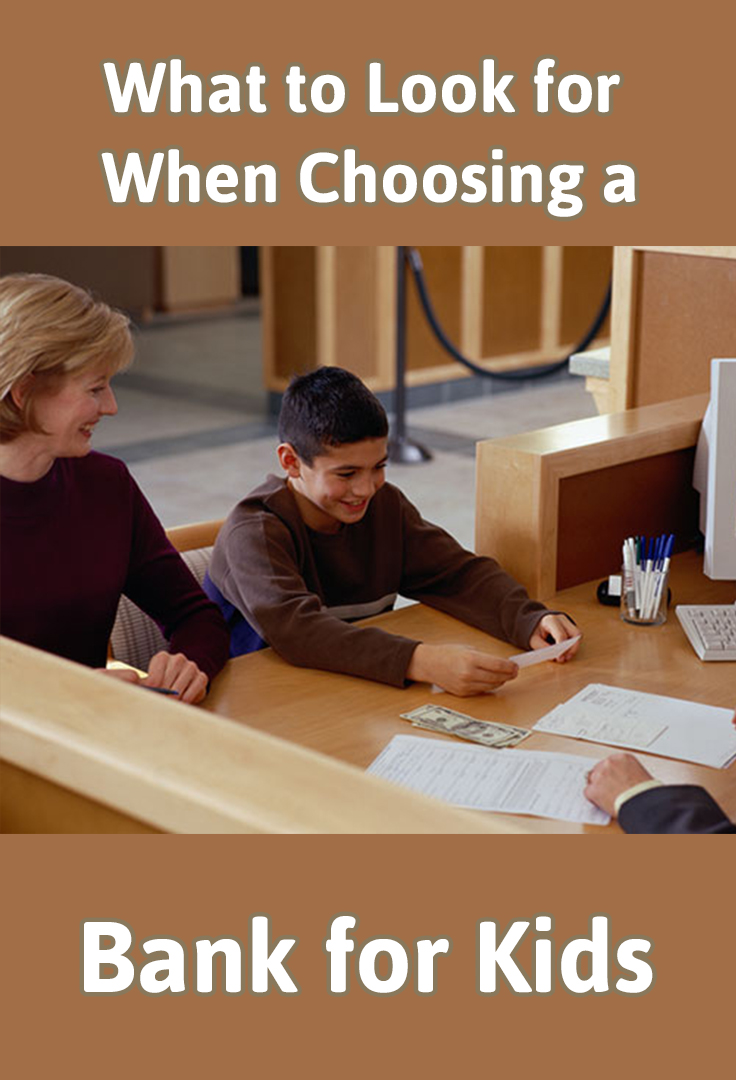 Setting up a bank account for your kids is a big deal. This is the first step towards admitting that they are getting older and must learn to be financially responsible. Some parents may look forward to this day while others aren’t quite ready. With that being said, it’s important to know what to look for when choosing a bank for kids, because this is their first experience and you want it to go well.
Setting up a bank account for your kids is a big deal. This is the first step towards admitting that they are getting older and must learn to be financially responsible. Some parents may look forward to this day while others aren’t quite ready. With that being said, it’s important to know what to look for when choosing a bank for kids, because this is their first experience and you want it to go well.
Not all bank accounts are appropriate for kids, and you also might want to think about what the account is for – is it for long term or short term saving, is it to have a place to put all those quarters your kids have in their piggybank, is it to manage their allowance or birthday money, is it to have an overview over their financial habits or is it to make their spending easier. Here’s what to look for.
10 Benefits of Giving Kids an Allowance
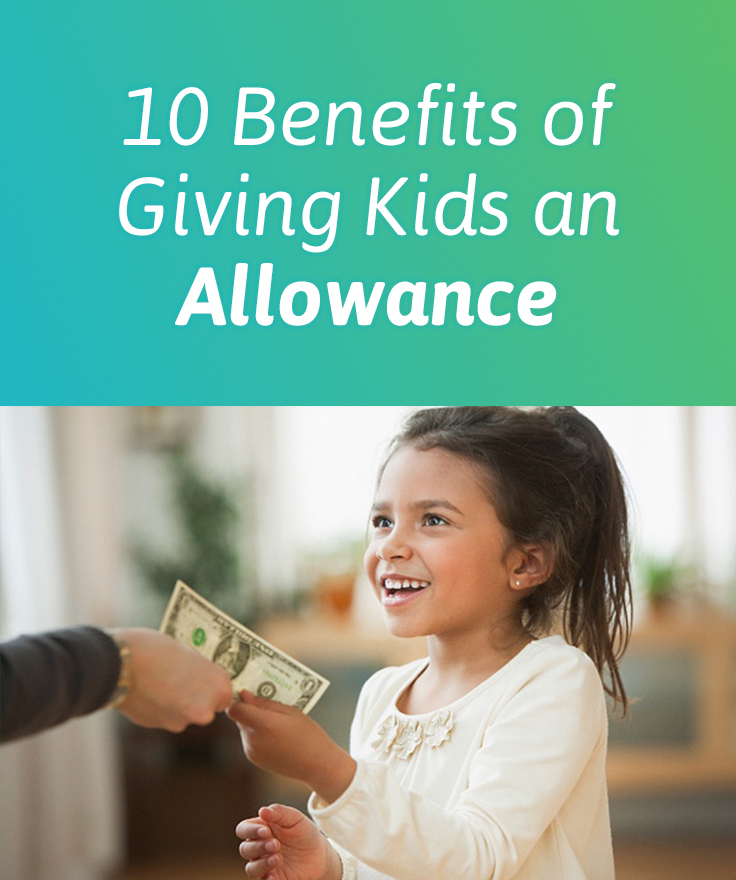 The discussion of whether or not you will give your kids an allowance is an important one.
The discussion of whether or not you will give your kids an allowance is an important one.
This debate happens quite frequently on Facebook where you will see parents that feel no allowance is necessary and others feel giving an allowance for larger chores makes sense.
There is no right answer for all households, but if you are one of those households that is debating giving your kids an allowance, read on to learn the benefits of giving kids an allowance.
Let’s Settle the Allowance Debate Once and For All
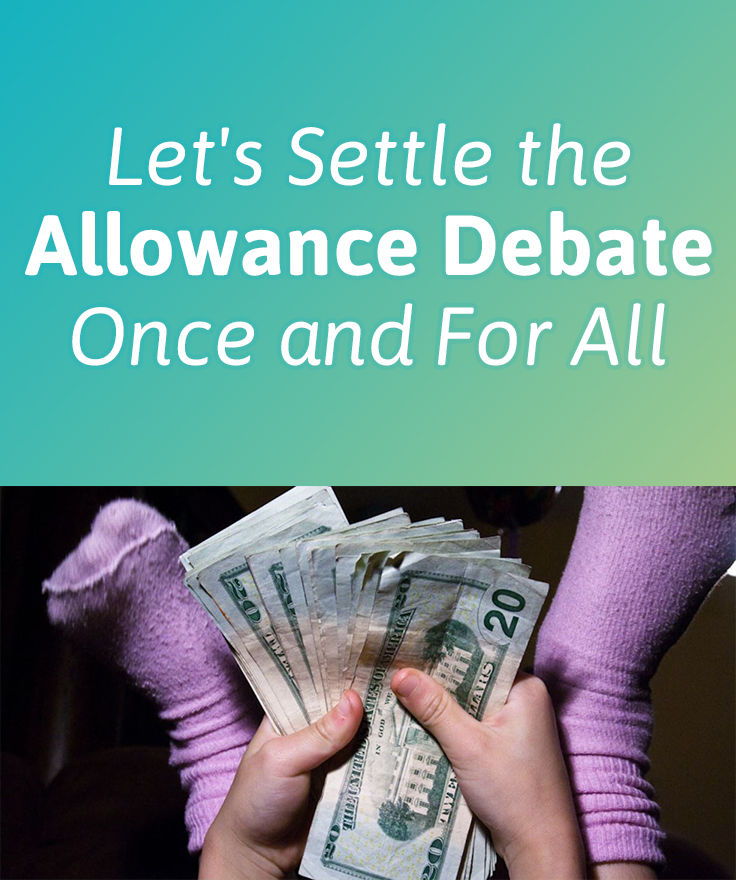 Allowance has been a topic of debate for years. Some parents feel that by giving a child money for their work, they will learn to value things. However, the concept of working hard isn’t always about the reward. It’s imperative to make sure you’re teaching your child the valuable lesson of working hard.
Allowance has been a topic of debate for years. Some parents feel that by giving a child money for their work, they will learn to value things. However, the concept of working hard isn’t always about the reward. It’s imperative to make sure you’re teaching your child the valuable lesson of working hard.
If you are a parent who feels obligated to pay your child for doing his/her chores, you might want to reconsider your actions. Your child has to learn that not everything we do comes with a reward and that our motivation for doing things should originate from a deeper place.
Money Goals for Kids
 While kids are quick to understand short term money goals, teaching them to set mid and long term financial goals may not be that easy. If you work to follow all of the suggestions we have shared here, then perhaps the financial goal teaching side of parenthood will be easier for you and your kids.
While kids are quick to understand short term money goals, teaching them to set mid and long term financial goals may not be that easy. If you work to follow all of the suggestions we have shared here, then perhaps the financial goal teaching side of parenthood will be easier for you and your kids.
Children need to learn how to set money goals because they will become an adult at some point and it is smart that they learn to to start planning for their financial future now.
Here are some tips on how you can help your kids create their own money goals without much stress.
How to Explain Credit Cards to Kids
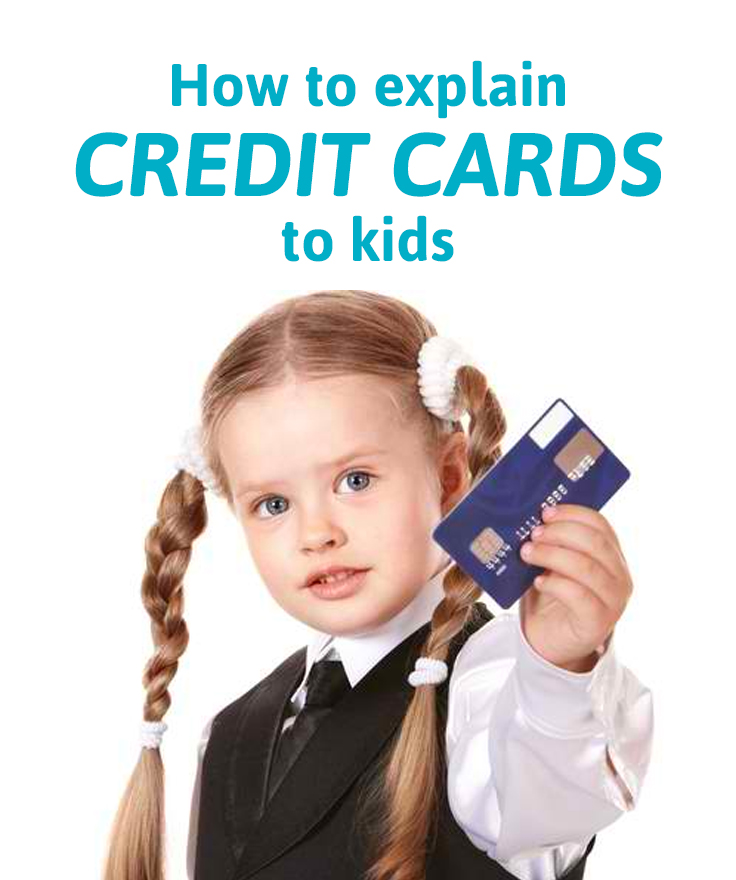 There’s much discussion about teaching kids to be financially responsible but what about credit responsibility?
There’s much discussion about teaching kids to be financially responsible but what about credit responsibility?
There comes a time in every parent’s life when they have to explain credit cards to kids. While this may seem like something you don’t really desire to explain, it’s necessary.
Credit matters more than just the plastic cards you carry in your wallet or purse. It’s time to start explaining credit cards to kids so that they know the true impact of using such a plastic item.
Budgeting for Kids: How to Make Allowance Last a Week
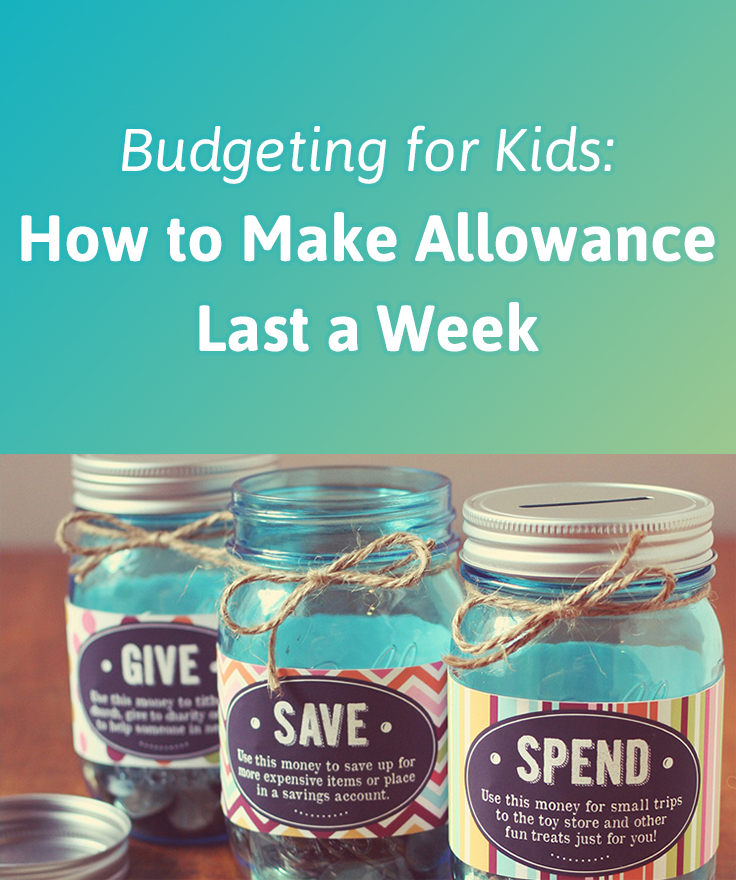 While there is much debate about paying kids an allowance, there are many benefits to implementing it. Paying kids some form of an allowance during their childhood is an easy way to teach them some budgeting skills. As most parents know, lessons instilled during childhood can go a long way into adulthood, allowing your child to grow up being able to manage money more efficiently.
While there is much debate about paying kids an allowance, there are many benefits to implementing it. Paying kids some form of an allowance during their childhood is an easy way to teach them some budgeting skills. As most parents know, lessons instilled during childhood can go a long way into adulthood, allowing your child to grow up being able to manage money more efficiently.
If you are someone who pays their children allowance on a weekly basis and finds that kids are blowing their cash way too quickly, then read on for some tips on how to teach kids to budget their allowance so that it lasts all week long.
